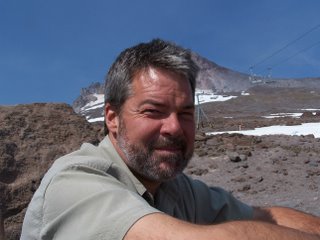When I drive from New York to California, as I did again last week, I always hope I’m going to get a kind of backyard view of the present-day United States. But what I discover is that I’m driving through the past. The road west is littered with the bones of old vehicles, taunting me in their rusted glory from just beyond the fence-line. Every echo of Route 66 is a reminder of a time when the highway was a trail of automotive woe, of engine failures and bad rubber, of drivers on bended knee in front of a jack.
This drive was entirely without incident — 2,976 miles in four days, from my farm in upstate New York to the eastern edge of Los Angeles County. And yet all the way I kept expecting the car to act up. On a bitterly cold morning in Grove City, Ohio, I turned the key, ready to hear a moan from the engine. It fired right up, of course. There were no flats and there was not a mutter of perturbation from the muffler. An alarm light did come on once, but that was only because the other driver — a farming friend who needed a break from the pigs — pushed the wrong button while adjusting the mirrors.
The reason I always expect trouble is my father’s cars. They were like horses that traveled well for him but always came up lame for his children. It bred chronic distrust. I learned to think of a car — my dad’s especially — as a way of getting from one breakdown to the next and meeting unexpected strangers. Driving a nearly new car across the country felt like a mean but somehow gloating rejection of adventure.
The curious part is that as cars have become more and more sealed off in their technological dependability, they’ve also become more porous. It was no trouble, using G.P.S. and our smartphones, to find Ingrid’s Kitchen in Oklahoma City or Lumpy’s in Joplin, Mo., or Taqueria Mexico in Albuquerque. I began, in fact, to glimpse a new geography. All those towering fast food signs clustered at freeway exits began to look like signs of paranoia as well as convenience — a warning against getting too far off the track. But information doesn’t cluster at the exits — it takes you wherever you think you want to go.
And so, after four days, we came across Arizona and alongside the Mojave and over Cajon Pass to the high, whining, gospel yelp of Bill Monroe. Somehow that Joad-like music seemed just right, though we never found ourselves searching for radiator water or camping in the ditches or cursing the foul machine that carried us west.

No comments:
Post a Comment